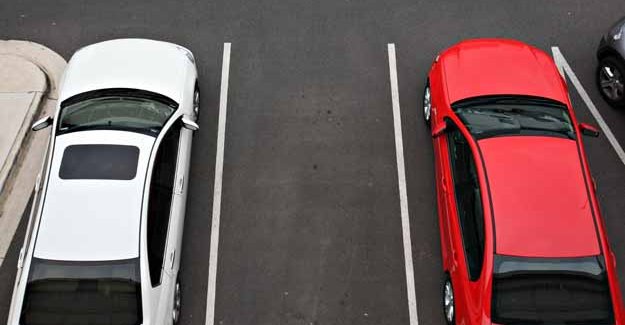The what, why and how of the clamping ban on private land
After more than two decades of misery for drivers the Government has banned the use of clamps on private land in most cases.
To help explain the changes in the law the RAC Foundation has produced a fact sheet to address some of the issues:
The clamping ban ‐ FAQs
Q. What is changing?
A. From Monday 1 October 2012 it will become illegal to clamp or remove vehicles parked
on private land. The change comes about because of a provision in the Protection of
Freedoms Act which became law earlier this year.
Q. Are there any exceptions?
A. The legislation does allow those with ‘lawful authority’ to continue to clamp and tow on
private land. Those with such authority will include the police. Local byelaws might also
allow clamping to take place in some port, airport and railway station car parks. DVLA and
VOSA will continue to clamp or tow vehicles which are un‐roadworthy or have not had their
vehicle tax paid.
Q. What will happen on public land?
A. Local authorities will retain the right to clamp or remove vehicles illegally parked on the
public highway and also in car parks which they own (but which might be managed on their
behalf by private parking companies).
Q. Will this mean the end of the cowboy clamper?
A. Yes, it should do. Anyone found guilty of breaking this law faces the prospect of a
substantial fine.
Q. How will companies operating private car parks now enforce parking restrictions?
A. There is expected to be a rise in ticketing in car parks which are not owned by local
authorities. As part of the change in the law, operators will be able to pursue a vehicle’s
registered keeper who is now responsible for the payment of parking tickets. Previously
parking operators could only pursue the driver.
Q. How does the operator get access to keepers’ records?
A. Anyone can approach the DVLA to request such data but must show ‘reasonable cause’.
The DVLA will judge each request on its own merits. Legitimate parking companies who are
members of an Accredited Trade Association – at the moment the only such organisation is
the British Parking Association – can access this DVLA data electronically.
Q. What will happen when cars are parked on private land which has not been set up as a
car park for the public, for example in a private road?
People who park on private land without permission are trespassing. Their cars cannot be
clamped or towed away by private companies without lawful authority but, if clear signage
is in place, their owners can be asked to pay reasonable damages.
Q. What measures are now in place to control the behaviour of parking firms?
A. All parking firms who are members of the British Parking Association must adhere to a
code of practice governing such things as signage and scale of charges. If they do not they
will be expelled from the organisation and no longer be able to access keepers’ records
electronically.
Q. Will cowboy clampers simply start using other unscrupulous tactics?
A. There is a real fear that many will start issuing parking tickets in the anticipation that a
significant number of registered keepers will simply pay up without querying the validity of
the tickets. Industry figures suggest some 40% of tickets are paid without question.
Q. What should a driver do if he wants to challenge a ticket?
A. If the ticket has been issued by a member of the BPA then the person receiving the ticket
can ultimately challenge it at a new independent appeals service called POPLA. If registered
keepers are pursued for payment of a ticket which was not issued by a BPA member, then
their final recourse would be through the courts arguing the case upon the basis of contract
law or law relating to trespass.


